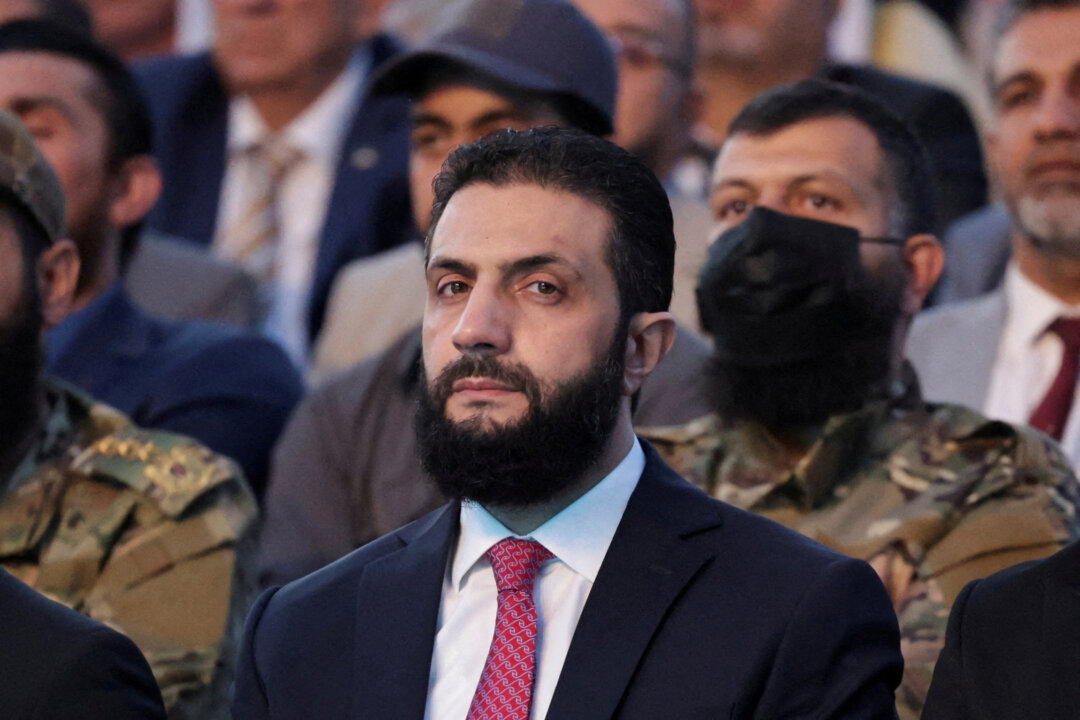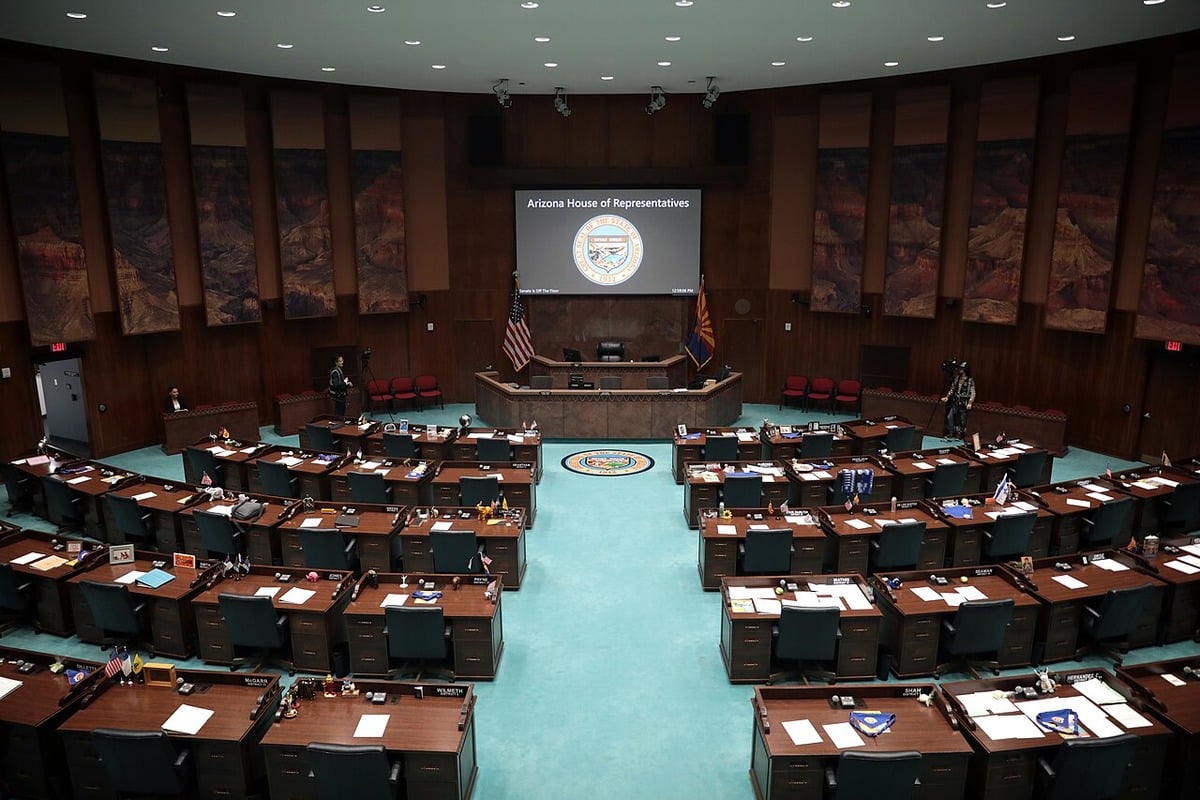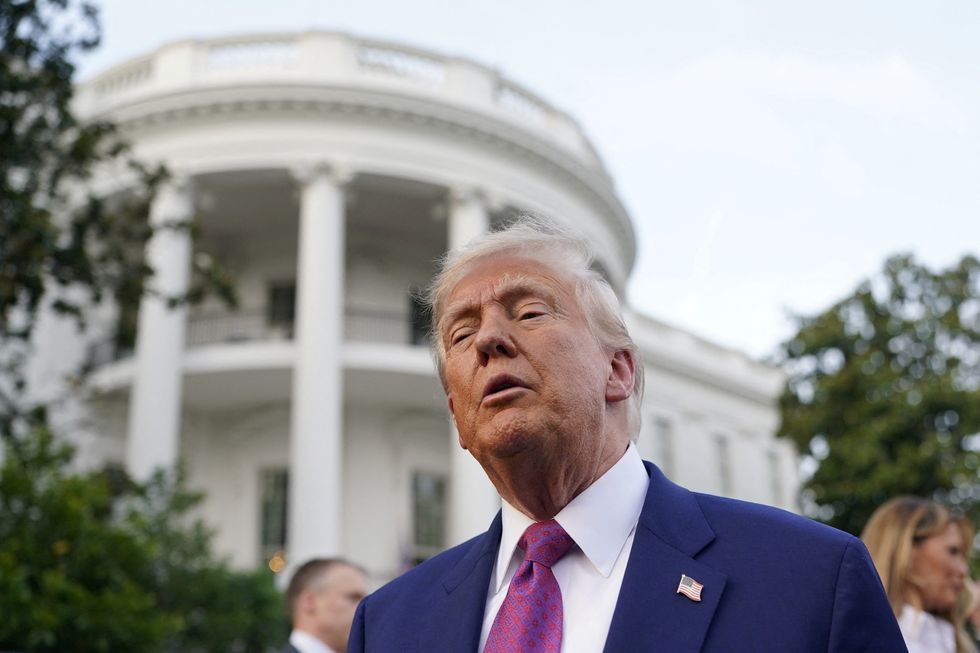URGENT UPDATE: The United States has just drafted a significant resolution in the U.N. Security Council aimed at lifting sanctions against Syrian President Ahmed al-Sharaa, the controversial leader of the Islamist militant group Hayat Tahrir al-Sham (HTS). This proposal comes ahead of al-Sharaa’s crucial meeting with President Donald Trump at the White House scheduled for next Monday.
The draft resolution, revealed by Reuters earlier today, seeks not only to end sanctions against al-Sharaa but also advocates for the repeal of restrictions on Syria’s Interior Minister Anas Khattab. This move indicates a shift in U.S. policy regarding engagement with Syrian leadership, which has drawn mixed reactions internationally.
The timing of this proposal is critical. The Security Council has already granted travel exemptions for al-Sharaa multiple times this year, reflecting a potential thaw in relations. However, the outcome of the U.S. proposal will not impact the upcoming White House meeting, underscoring the urgency and complexity of the current diplomatic landscape.
Why does this matter NOW? The lifting of sanctions could facilitate increased dialogue and cooperation with the Syrian government, impacting ongoing humanitarian efforts and regional stability. As the international community watches closely, the implications of this resolution could reverberate far beyond Syria, affecting global diplomatic relations.
Next steps remain uncertain. The U.N. Security Council will need to deliberate on the draft resolution, and reactions from other member states could shape the final outcome. Observers are particularly interested in how this proposal will play into the broader context of U.S. foreign policy in the Middle East.
Stay tuned as further developments unfold. This story is evolving rapidly, and the implications for both the U.S. and Syrian leadership are profound.







